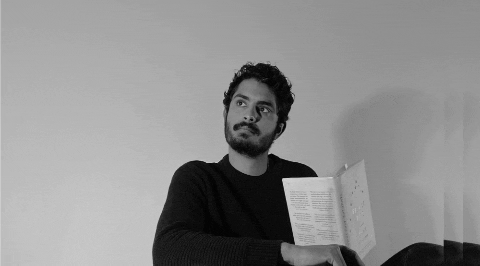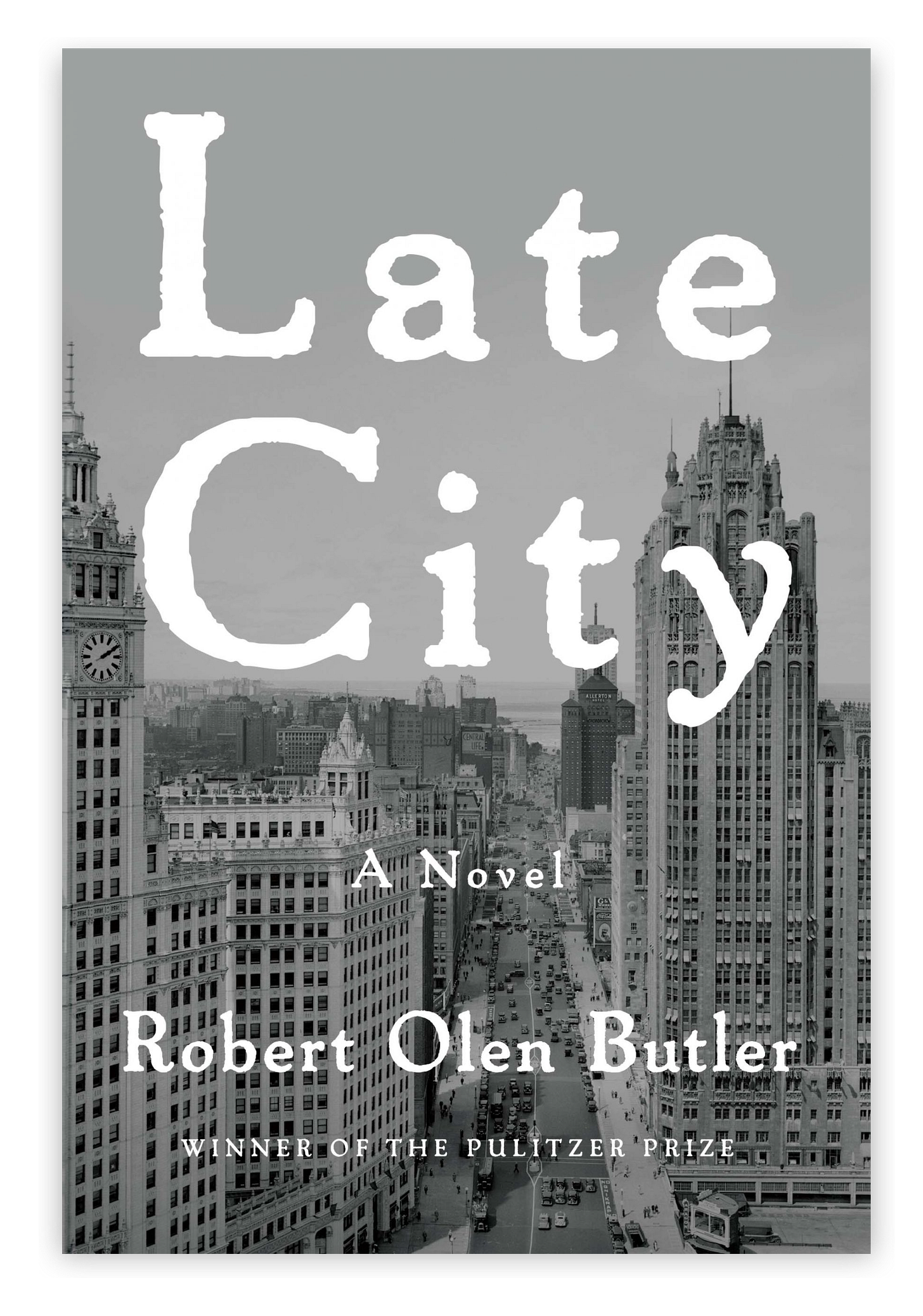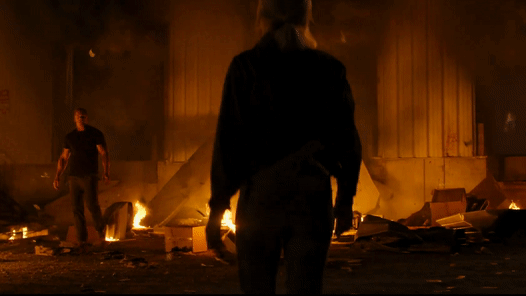Books and Movies That Deserve Your Limited, Very Small Amount of Attention.
Also big dinosaurs.
Hey.
Hello.
Hope you’re doing well, the kids are safe, and you’re doing absolutely nothing because in this issue of National Geographic (just kidding, it’s Discovery Magazine) we’ll be talking about—
A book that blew my mind, made me tear up three times; will be shoving down your throat.
Insanity.
Dinosaurs.
But first off (scroll to the book recommendations if you’re impatient)—
If you’re new, or you’re not new, say hi! Respond! I reply to every email. And if you’re a friend, I’d love to say hi.
In under 48 hours, I’ll be getting on a flight to Europe. If you’re there, say hi!
Before we get to that (again, scroll down to get the book and movie recommendations)—
There are two worlds inside of you.
There’s the mind world.
Then there’s the ‘other’ world.
The mind world is easy. You call it ego or parts or thinking mind but it’s the parts that say, “I should get dinner today” or “No, I should starve today, I already ate dinner yesterday” or “No, this is a hypothetical, nonsensical example that doesn’t even make sense.”
It’s the parts of you that feel and it’s that mind world that we’re stuck in. The mind world we can’t get out of.
Then there’s the other world.
This other world is called a lot of things (collective unconscious, the unconscious, the third eye, spiritual realm, heart, Akasha, God,) and it’s imprecise, hard to grab onto, and hard to really know.
And it’s this imprecision that’s the problem—i.e. the fucking inability to grasp onto it—that makes it’s so hard to talk about, or think about, or to really grip onto.
But it’s this other world—this world we’re not even sure is really there—that comes to us in the form of intuition, ideas, compassion, creativity, and so much that matters when it comes to art, good art, and a good life.
What I know—what I think I know—is that this “other” layer of experience holds a kind of deeper intelligence. You’ll read about it in psychology and philosophy and you’ll read about it in C.G. Jung, but it comes in glimmers, and feelings, and full-blown experiences, and yet—
Our best lives—whether we’re creatively tackling a work of art, or creatively putting together a life of our own—gets their juice from this space.
It’s the space that’s true—the space we have to figure out, specifically, how to tap into—and it’s the space that, paradoxically, we’re perennially convinced as a culture is not even really there.
Okay, before you pass out—
Late City, by Robert Olen Butler
Incredible—a book that takes place (mostly) in the space of a single second, right as the 2016 presidential election is called.
First, a quote:
“Art does not come from the mind. Art comes from the place where you dream. Art comes from your unconscious; it comes from the white-hot center of you.
Does this make sense? Do you understand what I’m saying? If you want to think your way into your fiction, if you think you can analyze your way into a work of art, we’re going to be totally at odds philosophically about what art is and where it comes from.”
Late City is so fucking good.
And I think it’s good—I’m pretty sure it’s good—because Robert Olen Butler believes in the stuff I was just talking about:
That second layer. The white-hot unconscious. That bubbling unknowable something that seems to churn out good ideas and good prose and creativity.
And what I love about Late City—what just made me so happy about it—was that I when I read it I had this sense of “finally”.
There are a lot of tossed novels that don’t make it on the newsletter—not because I’m the official arbiter of truth and beauty—but simply because the affect some books have on me (whatever that is) doesn’t compel me to talk about it.
Late City compels, and it moves inside of you. You’ll cry, and it’s gonna be awful.
It’s also gonna be awesome.
What I love more than anything about this book is how it goes through the life of one guy (Sam Cunningham) and takes a bit of retrospective through his life (meaning World War 1, family life, World War 2).
And what this evokes is the beauty and fragility of life.
More on that: when we have that big perspective, that zoomed out perspective (the Stoics of Ancient Greece talked about this constantly) everything feels more important and small and fragile. When you’re lost in the day-to-day petty email battles and you’re own concerns, you’re lost in the mind world.
The mind world is awesome, gets stuff done, and is very, very useful (don’t diss the mind world).
But we’re mostly stuck in it, and we don’t tend to find those deep spiritual truths that great art can evoke in us. Things like:
A feeling for the whole of humanity
Compassion for our fellow man
A deep felt sense of perspective for what really matters in life
All of these things come in feelings and waves (putting them here in language gives it a false precision that’s not really there when you experience it) but Late City taps into that. It’s what Late City is about—or, at least, what it evokes.
And I think the reason it does—from a mechanical perspective—is that the author, Robert Olen Butler, cannot stop talking about the unconscious.
That’s where the magic is.
Janet Burroway, on Butler’s lectures at FSU:
“Butler’s method is largely lecture—his students do not draw, dance, or gather in small groups—yet his teaching, like Forne’s, offers a door into the unconscious where fiction lies.”
Where fiction lies.
There are scenes in this book—scenes so simple, like a father talking to a son with a sled, a look, a glance, a feeling, someone going off to work, the complication of a relationship to a father—that feels and evokes a kind of inner beauty. Moments of grace, or beauty, or recognition.
When you feel it—when you feel this—it isn’t the type of writing that came from a writer who was writing and living from his head.
It was a writer who was coming from the inside. From the center. From the space that doesn’t exist in the same three-dimensional way a chair or a table or a satellite does.
The Departed, dir. by Martin Scorsese
One of my favorite movies of all-time.
Pure insanity.
It’s just so fucking fun to watch, and I think there’s two elements that carry this things more than the others—
The energy of the directing and the actors
The writing itself
First off, everybody is losing their fucking minds in this movie.
And everyone—from Dicaprio to Nicholson—has this crazy, amped up energy that carries the movie energetically.
Imagine: you’re walking in the department store, everything is calm and normal and centered and you’re looking for orange juice, and then all of a sudden, someone is running through the aisles and screaming and they’re knocking down cereal boxes and pushing people down and all of a sudden, six more people start doing the same thing.
Energy—the feeling of people, their emotional reactions, how they are—has an effect on us, and The Departed moves so well because the energy on screen is so high, and it’s amplified by the directorial prowess of Martin Scorsese.
His job (along with the DP) is to get each shot off, but the shots themselves, the choices—everything adds up to this coherent whole where you basically feel like you’re strapped in this Bostonian roller-coaster from hell, and everyone is dying and punching each other and screaming.
I mean, literally a quarter of the movie is people screaming at each other.

Another thing: the writing.
William Monahan—the screenwriter—on Screencraft:
“Just write what you want to, don’t listen to any rules, don’t listen to anybody. See a film in your head, write that film, and make the industry make it. If anybody takes that advice, they’ll put a lot of screenwriting teachers out of work but I’ll tell you about that in a different interview…”
There is something about the screenplay that screams idiosyncrasy—maybe it’s the way people talk, the dynamism of the script itself, the Bostonian authenticity—but you get the sense that no one could’ve written this movie except William Monahan.
It is a wonderful feeling to sense and feel someone who’s at the top of his craft—a complete command of the English language—and watch sparks fly.
One of my all-time favorites.
P.S. There’s a scene in this movie that’ll unhinge your jaw.
Jurassic Park, by Michael Crichton
Dinosaurs. Large.
I’m not going to say anything about this book.
I’m just going to quote the author here:
“I wrote a screenplay about cloning a pterodactyl from fossil DNA in 1983, but the story wasn’t convincing. I worked on it for several years since, trying to make it more credible.
Finally I decided on a theme park setting, and wrote a novel from the point of view of a young boy who was present when the dinosaurs escaped. I then sent the book to the usual people who read my first drafts.
Over the years, I’ve come to rely on five or six people who read my drafts; generally they have a range of responses. Not this time. They were all in agreement: they hated Jurassic Park.
I got angry reactions such as, “Why would you write a book like this?” But when I asked them to explain exactly why they hated it, they couldn’t put their finger on anything in particular. They just hated it, that’s all. Hated every bit of it.
I wrote another draft. They hated that one, too. Just as strongly as the one before. Whatever I had done in the latest draft, it hadn’t helped.
I wrote another draft, but the result remained the same.
Finally one of the readers said that they were irritated with the story because they wanted it to be from an adult point of view, not a kid point of view. They said, “I want this to be a story for me.”
Meaning for an adult.
So I rewrote it as an adult story.
And then everybody liked it.”
Quickfire is books, movies—blazing hot one-sentence-ish (not really) recommendations so fast you can’t even think.
Free Will, by Sam Harris — Free will is, likely, an illusion. If this ruined your day, just wait til you read this book.
Reacher, developed by Nick Santora— I told my girlfriend some version of “I just want to watch someone beat up bad guys”. The show delivers on my highly specific goal. Fun.
The Secret History, by Donna Tartt — A murder mystery “in reverse”—writing so nuanced, it feels like you lived it. Full review here.
Vagabonding, by Ralph Potts — I haven’t read all of this book, but when I do, I’m going to come back here. And I’m going to tell you all about it.
The Dark Knight, dir. by Christopher Nolan — This is still very, very, very good.
Hackers and Painters, by Paul Graham — One of the clearest thinkers you’ve never heard of, it’s a collection of sharp, precisely reasoned essays. The essay “Why Nerds Are Unpopular” changed my life in high school, and Graham—if you let him—will challenge you to think outside of the boxes we all naturally find ourselves thinking in.
That’s all for now folks!
Again—if you liked it, I’d love to hear from you (just reply to this email).
And of course, the best compliment you can pay a writer is recommending it to someone else. If you found this useful, sharing helps!
Thanks for reading—until next time,
Mohnish













